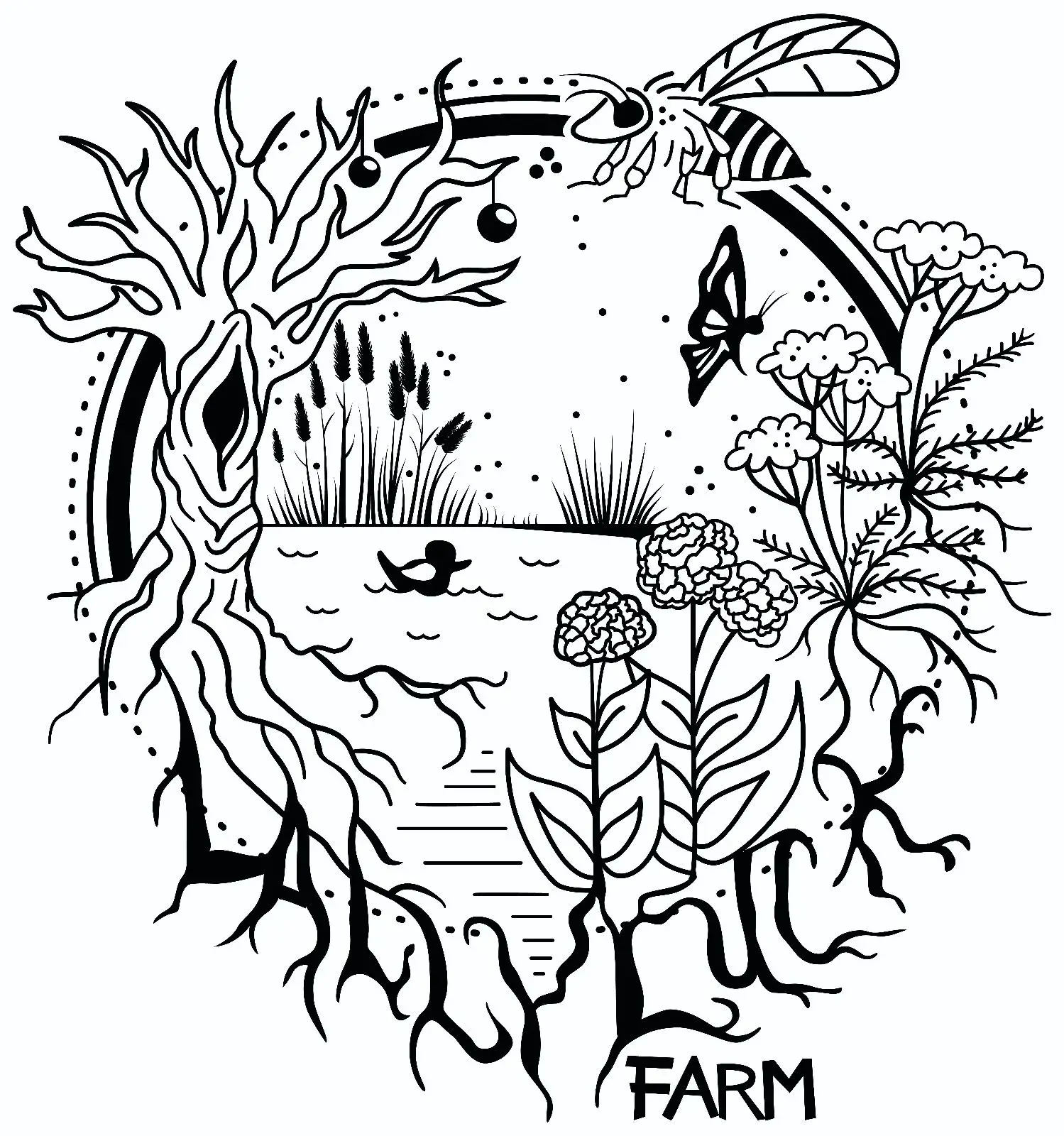[Image description: eight raspberry cuttings showing the stages of root development at their growth tips, with the leftmost cutting showing almost no root and progressing to the rightmost which shows a cluster of roots and upward growing leaves]
I’m giving a talk next month about reproducing plants asexually and am working on images for the slide deck. Figured I may as well share some of the images here too as it might help some folks who are interested in doing this. Questions and feedback are encouraged and appreciated, they’ll help to make the presentation even more informative.


For cane fruits like raspberries and blackberries, no. Truth be told I avoid rooting hormone liquids and powders when I can, they can have some nasty health effects without PPE. Many different fruit bushes can be cloned either by rooting the tips, mounding around the base (stool layering), or by dividing rooted stems without the need for chemicals, but others can be rooted in water with willow cuttings - the willows will leach a safer concentration of the rooting hormones into the shared water.
I leave little pockets of extra mulch around the tips I’m planning to take and replant as a visual cue, but stones or logs or some other kind of weight will help to keep them in place for rooting. Older canes from bushes you like can make good cutting material, but can be more difficult to pin without breaking. Some varieties of raspberry will only fruit on first year wood, and for those I do think it’s totally worth pinning right after fruit harvest for additional first year plants.